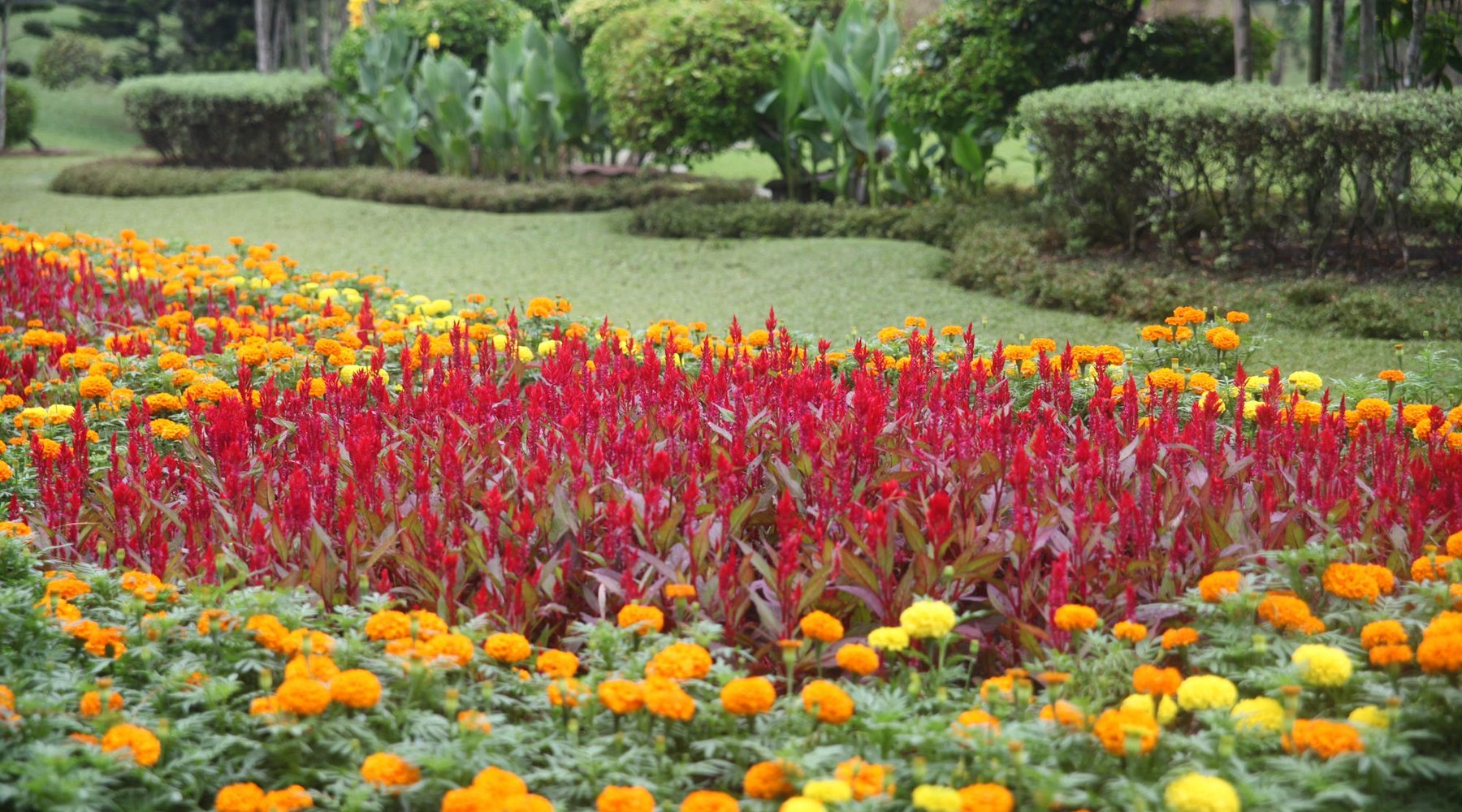Protect Your Garden Paradise: The Crucial Role of Pest Control in Thriving Plants

1. Protecting Plant Health
Pests like aphids, caterpillars, and mites can wreak havoc on your garden by feeding on plants and damaging their leaves, stems, roots, and flowers. These pests not only consume vital parts of your plants but also leave them vulnerable to further damage by creating open wounds where diseases can enter.
Over time, this constant stress on your plants weakens them, making it harder for them to grow and thrive. Stunted growth and poor health in plants not only affect their overall appearance but can also reduce their ability to produce fruits, flowers, or foliage. Implementing effective pest control strategies is essential to ensure that your plants remain strong, healthy, and resilient against such threats, allowing them to reach their full potential.
2. Ensuring Higher Yields
If you grow fruits, vegetables, or herbs, pests can drastically reduce your harvest by destroying flowers before they bloom or by feeding on developing fruits and leaves. This can leave your plants unable to produce the yield you were hoping for. For gardeners who rely on their crops for personal use or income, such losses can be devastating. Early pest management is crucial in catching problems before they escalate, ensuring your crops remain productive throughout the growing season. By taking prompt and proactive action, you can safeguard not only the quality of your produce but also the time and effort you’ve invested in your garden. This allows you to enjoy a bountiful harvest that you can proudly serve at your table or share with family and friends.
3. Maintaining Garden Aesthetics
The aesthetic appeal of your garden is another reason why pest control is so important. A well-tended garden is a reflection of your hard work and creativity, but pests can quickly mar its beauty. Chewed-up leaves, discolored flowers, and wilted plants can turn even the most meticulously designed garden into an unsightly space. This can be frustrating for gardeners who take pride in maintaining a lush and vibrant environment.
Pest control helps preserve the visual appeal of your garden by protecting plants from the damage caused by destructive insects. By keeping your plants healthy and vibrant, you can maintain the serene and inviting atmosphere of your outdoor sanctuary, turning it into a place you’ll always be proud to showcase.
4. Preserving the Ecosystem Balance
Not all insects in your garden are harmful—some, like ladybugs, bees, and certain types of wasps, play a vital role in maintaining a healthy ecosystem. Ladybugs, for instance, feed on aphids and other soft-bodied pests, while certain wasps prey on caterpillars that would otherwise devour your plants.
Thoughtful pest control methods can help you distinguish between harmful and beneficial insects, allowing you to preserve the natural balance in your garden. Techniques like companion planting, which involves placing certain plants together to deter pests or attract helpful insects, can create a harmonious environment where plants and beneficial creatures thrive together. By using these eco-friendly methods, you can reduce the need for chemical solutions and ensure your garden remains a safe and balanced haven.
5. Preventing Pest Spread
Unchecked pests can quickly spread beyond your garden, infesting nearby lawns, ornamental plants, or even your home. For instance, ants or beetles that invade your garden may find their way into your house, causing additional headaches. Pests can also spread diseases from one plant to another, affecting not just your garden but the surrounding landscape. Proactive pest control measures, such as regular monitoring and preventive treatments, help contain infestations before they escalate. By managing pests early, you not only protect your garden but also prevent the spread of these problems to other areas, ensuring your entire property remains pest-free.
6. Minimizing the Need for Harsh Chemicals
Addressing pest problems early also minimizes the need for harsh chemical treatments, which can have unintended consequences on the environment. Many chemical pesticides can harm beneficial insects, disrupt soil health, and even contaminate nearby water sources.
By adopting Integrated Pest Management (IPM) techniques, such as using organic sprays, introducing natural predators, or employing physical barriers, you can tackle pest issues in a sustainable and environmentally friendly way. These methods not only protect your plants but also help create a garden that works in harmony with nature, reducing the long-term impact of pest control on the ecosystem.
7. Saving Time and Money
Finally, early pest control saves both time and money in the long run. Ignoring pest issues may seem like a way to avoid effort initially, but this approach often leads to severe infestations that are much harder and more expensive to resolve. Damaged plants may require costly replacements, and extensive infestations might demand professional intervention, which can be both time-consuming and financially draining. By taking regular, small steps to monitor and address pest problems as they arise, you can avoid these larger challenges. This proactive approach not only protects your garden but also gives you peace of mind, knowing you’re staying ahead of potential issues.
